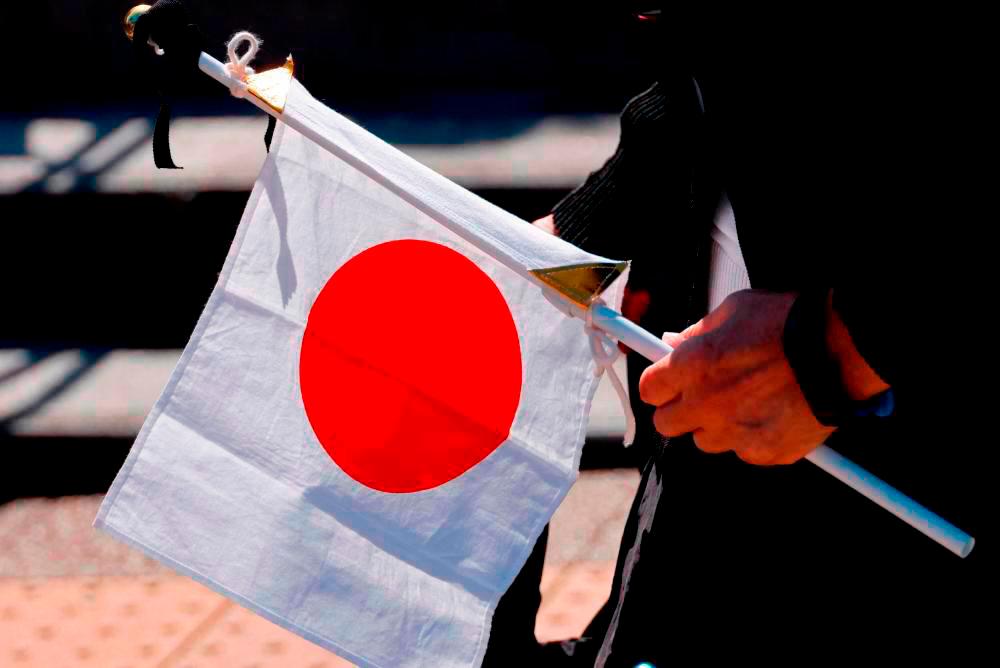TOKYO: Japan announced a bundle of measures Tuesday worth more than $15 billion aimed at shielding small to medium-size businesses (SMEs) from the impact of US tariffs.
The key Washington ally is subject to the same 10 percent baseline tariffs imposed by President Donald Trump on most nations plus steeper levies on cars, steel and aluminium.
The 2.2 trillion yen ($15.5 billion) package will include help with corporate financing and easing of loan conditions at a government-backed lending institution, said Chief Cabinet Secretary Yoshimasa Hayashi.
“We will provide full support for small and medium-sized enterprises affected by the US tariffs,“ Hayashi told a news conference.
Trump also announced 24 percent “reciprocal” tariffs on Japan in early April, but later paused them along with similar measures on other countries until early July.
Japan wants all Trump's levies on its exports to the United States lifted, with the government's tariffs envoy expected to return to Washington this week for a fourth round of talks.
Prime Minister Shigeru Ishiba has suggested that he aims to hammer out an agreement with the US president when they meet at a Group of Seven gathering in Canada next month.
Trump's 25 percent auto tariffs are particularly painful for Tokyo, with roughly eight percent of all Japanese jobs tied to the sector.
The world's fourth-largest economy contracted 0.2 percent in the first quarter of 2025, adding to pressure on the unpopular Ishiba ahead of upper house elections expected in July.
The government also said Tuesday that it will spend 288 billion yen to help families deal with surging electricity and gas prices in the three months to September, when air conditioning demand will surge to fight sweltering heat.
The planned assistance should mean utility bills will be cut by 3,000 yen per family over the quarter, Hayashi said, adding that it was also part of efforts to deal with the US tariffs and inflation.
The government also plans to increase funds for special grants so that entities such as hospitals and small businesses can deal with energy costs that may fall outside the existing assistance programmes.









